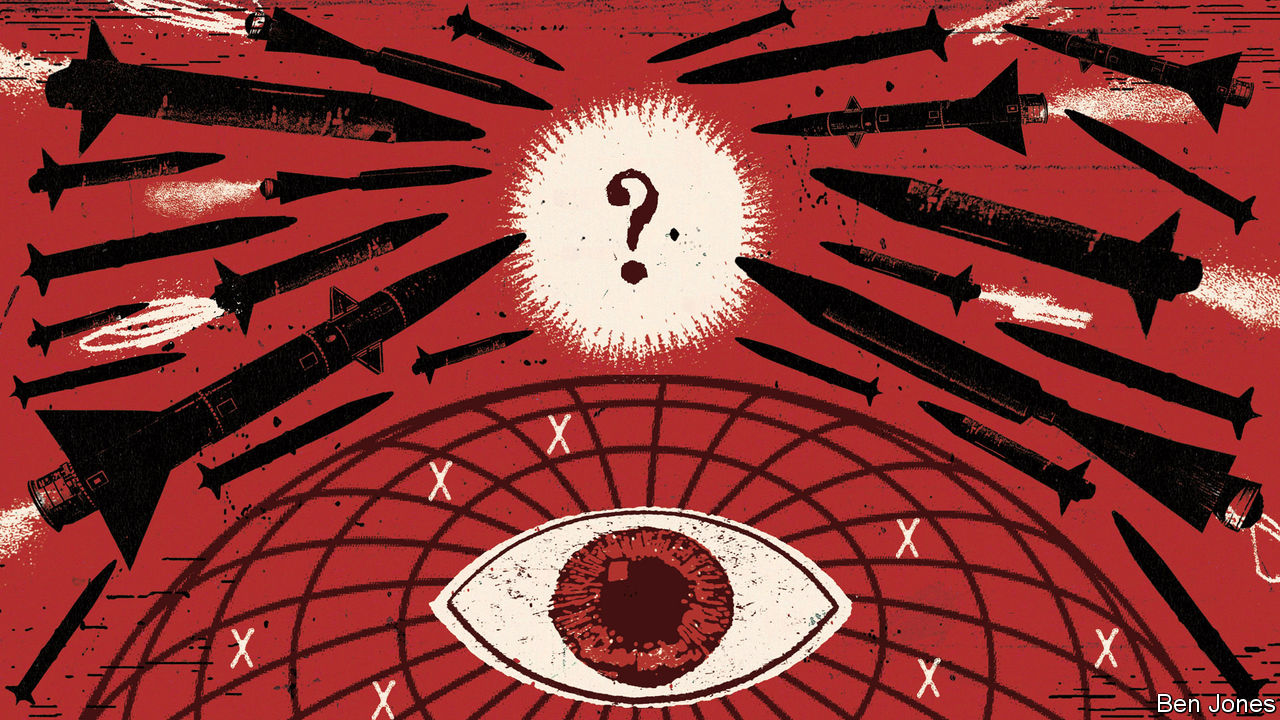The global nuclear arms control is on the brink of collapse as the direct link between the Nuclear Risk Reduction Centres (nrrcs) of the United States and Russia has gone silent since March. Under the New START treaty, which came into force in 2011, the two countries exchanged thousands of notifications about the movement of missiles and bombers. However, the half-yearly updates on warhead numbers and on-site inspections have come to a halt. This marks a dangerous turning point as the world drifts towards a new nuclear arms race, with the complexity of three-sided deterrence involving China adding to the challenge.
The era of limited nuclear weapons and built trust between the US and Russia, which brought down the global nuclear stockpile from 70,400 warheads in 1986 to 12,500 today, is coming to an end for four main reasons. Firstly, the US has abandoned agreements, with President George W. Bush withdrawing from the Anti-Ballistic Missile Treaty in 2002 and President Donald Trump pulling out of the Intermediate-Range Nuclear Forces Treaty in 2019. Secondly, Russia’s invasion of Ukraine has further strained relations and undermined arms control efforts. Thirdly, China’s nuclear build-up adds complexity to the arms race, as it becomes a major player in the nuclear arena. Lastly, disruptive technology poses new challenges to arms control.
While Democratic presidents have been more supportive of arms control, the future of nuclear arms control remains uncertain. The New START treaty, which limits each side’s strategic nuclear weapons, was negotiated by Barack Obama and renewed by Joe Biden in 2021. However, with the deteriorating relationship between the US and Russia and the increasing influence of China, it will be harder to maintain and enforce international agreements.
The risk of a nuclear chain reaction that could destroy the world looms larger than ever before. The collapse of global nuclear arms control and the drift towards a new arms race pose significant threats to global security. Efforts must be made to restore dialogue and cooperation between the major nuclear powers to prevent further escalation and ensure the preservation of peace.









